Are we witnessing the agonal breaths of the College of Policing?
The College of Policing wheezes out a final rebrand - tough on crime and full of common sense, apparently. But the signs of life may be little more than reflex.
The College of Policing has been living on borrowed time from the outset. It has never earned the trust or affection of frontline officers. And for many outside policing, it has come to be seen as an unwelcome parasite - burrowed deep into the host organism - causing or contributing to confusion, dysfunction, and decline.
Across much of the political right, the consensus is now settled: the College is part of the problem and should be abolished. The College probably doesn’t realise it, but the clock is ticking. It has, at most, four years - or until the next general election - to prove, beyond doubt, that it should not be culled.
Perhaps, in the wake of a "thin gruel" Spending Review and growing noise around "police reform" from the Home Office and NPCC, the College is finally waking up to the reality it has ignored for over a decade: nobody outside of a small group thinks much of it.
As if on cue, Dipesh Gadher, Home Affairs Correspondent, carries an interview with Sir Andy Marsh QPM, the head of the College of Policing in today’s Sunday Times entitled ‘How to reclaim the streets from crime, by a police chief with a plan’.
Having worked in and around policing, No10 and briefly at the Home Office in recent years, I found the piece strikingly inauthentic. My understanding of the track records of both the College and Sir Andy sit uncomfortably alongside what reads more like a desperate rebrand than the beginning of a genuine turnaround.
Andy Marsh: The Thieftaker’s Chief?
The interview opens with Marsh recalling:
“Nothing made me happier than arresting a criminal,” Marsh, 59, recalled. “I would arrest offenders most days of the week. I joined the police to catch burglars, car criminals, domestic abusers and to protect people.”
At face value, so far, so good - but it’s not exactly the sort of stuff the College of Policing has been producing for the last decade. It’s more likely to be concerned with dyslexia in police leadership, protecting sex workers, or recruiting for diversity than helping officers nick more crooks.
Whether shamed by, or choreographed to accompany, Sir Stephen Watson’s recent tour-de-force at Policy Exchange (watch and read my write-up here), Marsh’s sit down with The Sunday Times opens with a lament:
overall arrest rates have fallen and trust in the police has collapsed due, in large part, to a “failure to get the basics right”.
Strong words. But let’s not forget the arrest rates in Avon and Somerset Constabulary - where Marsh was Chief Constable from 2016 to 2021. The numbers were falling throughout his tenure:
“We need to refocus on enforcing the law”
Marsh now urges more common sense and calls for all crimes to be investigated, including car and phone thefts, shoplifting and burglaries:
“We need to refocus on enforcing the law”
Welcome words—if a little rich. This is the same Chief Constable under whose watch the Edward Colston statue was toppled by a mob and dumped into Bristol harbour.
At the time, in June 2020, Marsh defended the lack of police action:
"Can you imagine scenes of police in Bristol fighting with protesters who were damaging the statue of a man who is reputed to have gathered much of his fortune through the slave trade?”
So, rather than enforce the law, you’d rather appease the mob?
Little wonder that within a year, another violent mob went on the rampage. This time their target was a police station in Bristol rather than a statue - attacking it and the officers inside, setting light to police vehicles, and causing injuries to officers.
A reminder that appeasement is not a sustainable strategy.
A highlight reel in case anyone missed it at the time:
More muscular policing with less muscle?
Yet, fast forward four years and Marsh is striking a very different tone:
“People need to understand that if you break laws there are consequences … If we ignore stuff and allow our town centres and shopping centres to become places of fear, as opposed to places of purpose and recreation, then it’s a slippery slope.”
Is anyone supposed to believe that the same person who thought it was OK to let a violent mob topple a statue because enforcing the law might look bad, has suddenly subscribed to a muscular policing philosophy?
On the subject of muscular policing, under Sir Andy, the physical fitness requirements for police officers have continued to drop. The College’s latest position is that one only requires ‘Level 3.7’ on the 15m bleep test to be able to undertake the public and personal safety training required of officers. That’s down from an already rather woeful Level 5.4.
“Quick, what’s that idea we hate people bringing up?”
All this tough talk of law breakers facing consequences and slippery slopes, you’re probably expecting him to talk about “broken windows” policing next!
And, you’re not wrong:
Marsh cited the “broken windows” theory popularised in the 1990s by Bill Bratton, the former New York police commissioner, which posits that minor offences and antisocial behaviour can lead to more serious crimes if they are not confronted.
Yet the College’s own website and 'What Works' toolkit still claims that “broken windows” policing “has not had a statistically significant effect on crime” - and I can’t find a single reference to Marsh and “broken windows” in Avon and Somerset (other than the broken windows of Bridewell Police Station of course).
One is left to conclude that talking up “broken windows” and Bill Bratton is just a last ditch effort to create some sense that the College is a credible outfit in the fight against crime - anything to help save it from being squeezed out in the police reform bunfight or chopped completely in the next set of general election manifestos.
As an aside, in the latest episode of The Public Safety Foundation’s Safety Matters podcast, Oliver Laurence and I are joined by Commissioner Bratton himself. Available on X, YouTube and Spotify. Our appreciation for him and what he has to say on crime and disorder is real and authentic, so do have a listen if you get the chance.
Tough on lanyards, tough on the causes of lanyards
The Sunday Times also reports that Sir Andy:
Told officers not to take part in anything that could be construed as “activism”, such as taking the knee or wearing rainbow lanyards, to avoid accusations of two-tier policing;
Yet, here he is as a Chief Constable proudly wearing a rainbow lanyard:
Sir Andy even goes after knee-taking, condemning it:
“Looking back on the past ten years, alignment with movements — however honourable their cause — it’s not something that police should be doing.”
Yet, in the immediate aftermath of George Floyd and the Black Lives Matter hysteria, Marsh was taking to the local news to declare that “police can take the knee” - and that he’d “support” them in doing it:

Having apparently rowed all the way back to the boathouse on lanyards, flags and knee-taking, Marsh manages to still leave the boathouse door ajar:
“That doesn’t mean we shouldn’t go the extra mile to build trust and confidence in all of our communities. We need to find different ways than flags and emblems.”
Not “we need to deliver the basics.” Not “we got it wrong.” No. Just: let’s be more covert about it.
The College’s war on cannabis?
We also learn that Sir Andy has “demanded a crackdown on cannabis possession” claiming:
“I smell it in communities I would never have smelt it before, from little villages to towns,” he said. “I don’t like it. For me, it does bring about the notion that somebody must be breaking the law and, if they’re doing that, they are probably breaking other laws as well … We should be prepared to do something about it.”
Yet another statement that just doesn’t seem to sit right. Afterall, what happened to stop and searches - the primary means of pursuing cannabis possession - in Avon and Somerset Constabulary when he was Chief Constable?
Virtually flat, for the first three years, before a ramping up as proactivity surged during the Covid lockdowns. Plus, it was on Marsh’s watch as Chief Constable that his own force in 2018 stopped officers using the smell of cannabis as the sole grounds for a stop and search.
It followed wrong-headed guidance from - you guessed it - the College of Policing (2016) and a rather unconvicing report on ‘Legitimacy’ from HMIC (2017). Guidance that Marsh hasn’t changed since taking over at the College in 2021.
Other chiefs quite rightly rejected it:
Even now, the College’s guidance on cannabis suggests cannabis is “unlikely” to be a priority (who exactly are the College to say that?) and that leaders should continue to echo the wrong-headed guidance:
Policing’s free speech champion?
We also learn that Sir Andy:
“Signalled that the recording of non-crime hate incidents, which critics view as a curb on free speech, needs to be scrapped;”
Yet at almost every turn in recent years the College has defended NCHIs and opposed any suggestion of scrapping them. So what gives?
Indeed, if it weren’t for Harry Miller, of Fair Cop, who took the College to the High Court in 2020 and 2021 the College wouldn’t have budged an inch.
The fact that the College is still committed to other intellectually and operationally incoherent (or worse) disasters, like the Race Action Plan, suggests there’s still a shortage of common sense in College Towers.
Engagement, engagement, engagement
Finally, we turn to neighbourhood policing:
In Marsh’s view, the solution to many of today’s problems lies in better quality neighbourhood policing, which he describes as “one of the basic foundations of our ability to tackle crime”.
Great and totally agree!
Except, as I’ve previously pointed out, the College’s own guidelines on neighbourhood policing de-emphasise the role of enforcement - with just three references, mostly of a disparaging nature (caveats like ‘short term results’ and being ‘counterproductive’).
By contrast, there are dozens and dozens of references to “engagement” - a pretty vague and meaningless term at the best of times, never mind in the context of a police force that is out of touch with the basics.
Conclusion
Wrapping up, Sir Andy’s quoted:
“We’ve talked about broken windows, shoplifting, cannabis — we’ve lost that ability to connect with the public, to listen to them,” Marsh said.
He’s not wrong.
But the College he leads has played a large part in alienating the public, frustrating the frontline and undermining common sense policing. If this conversion to a common sense crime-fighting creed is real, I wish him and the College well.
Alas, from where I sit, it all rings rather hollow. More like the agonal breaths of an organisation fighting what increasingly looks like the inevitable.



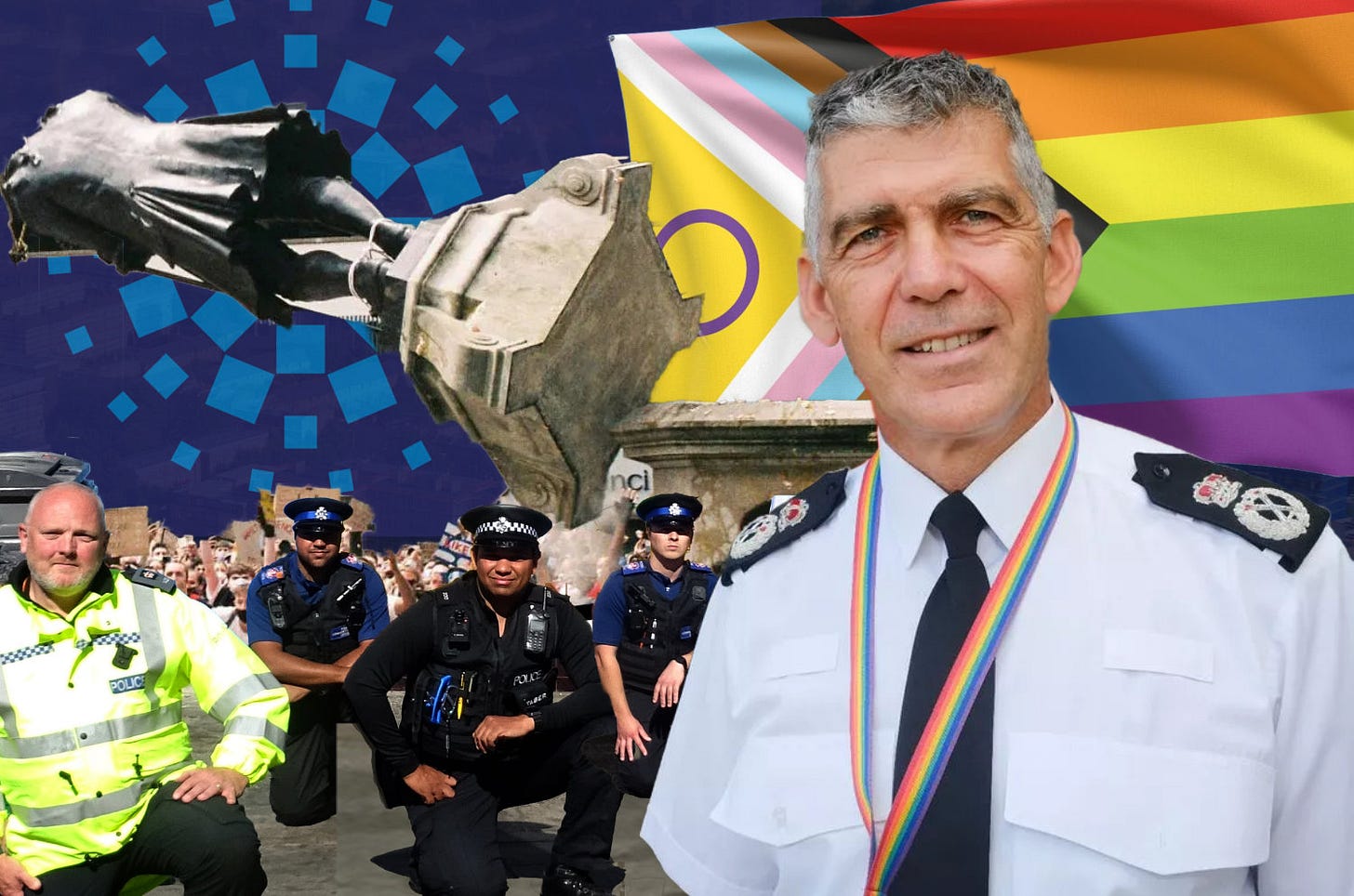

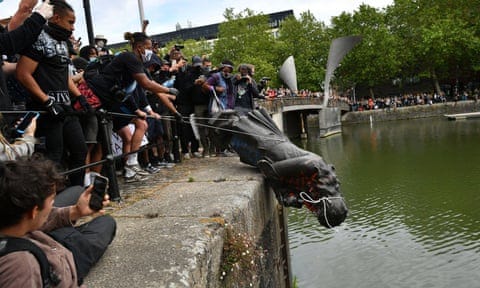
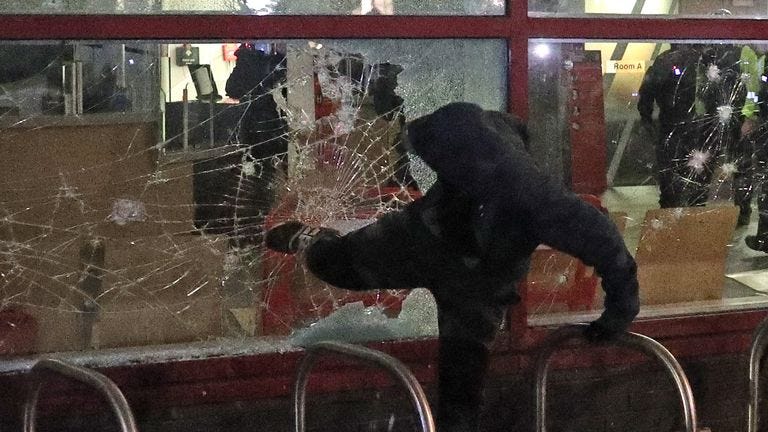
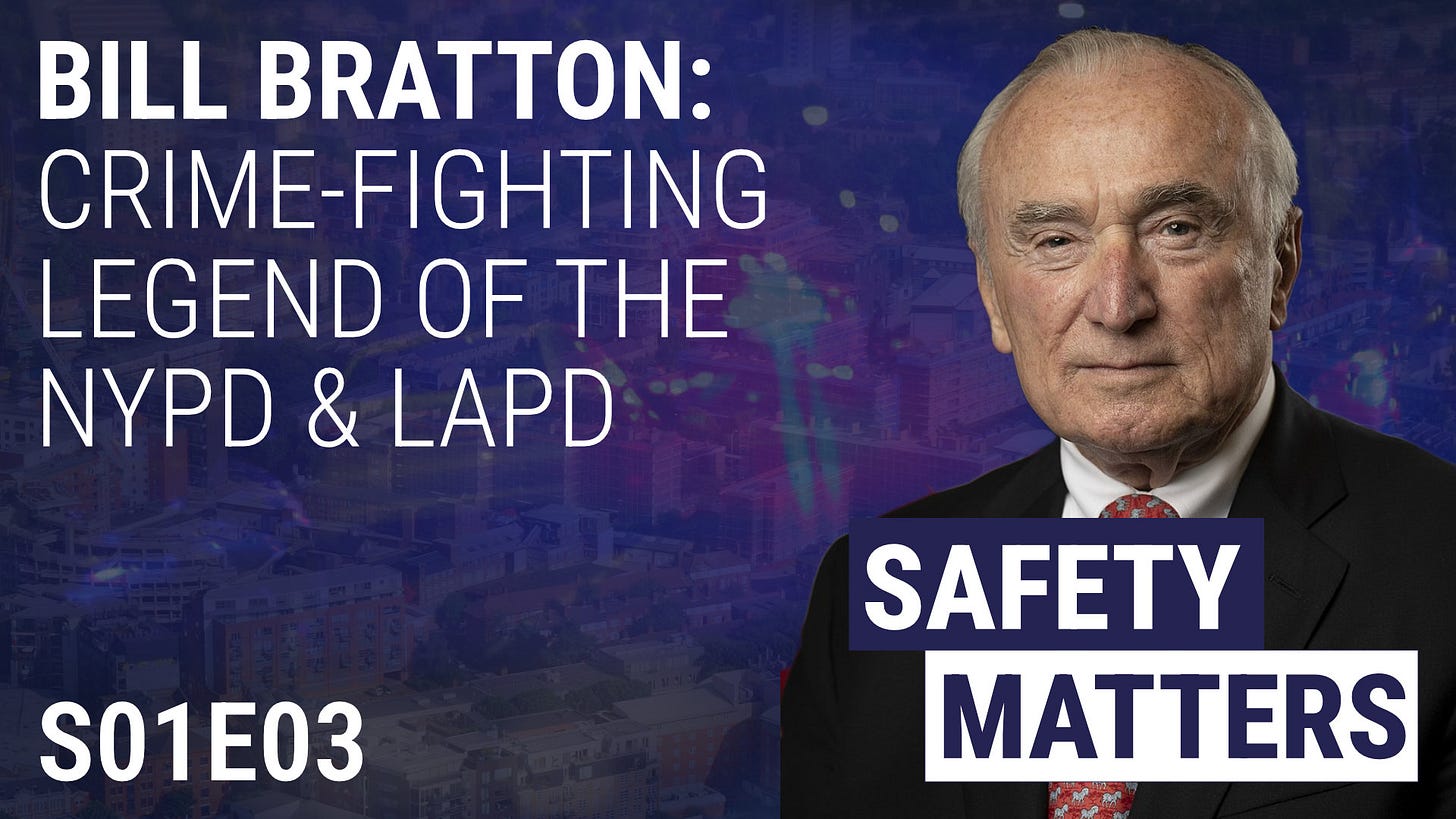
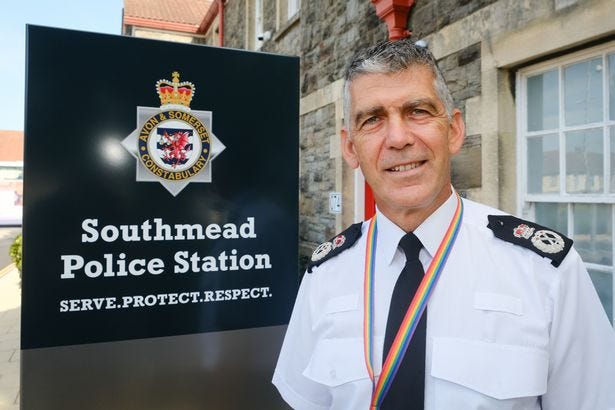


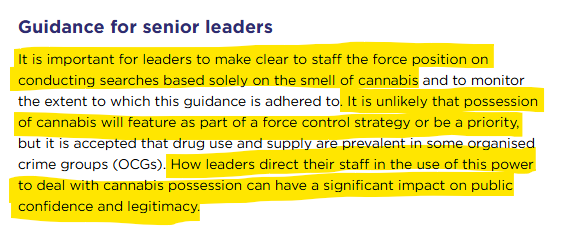
Great article, Rory. Sums up pretty much everything I have been saying about CoP for some time, much of it based on my own experiences of working there.
I hope so along with its staff!